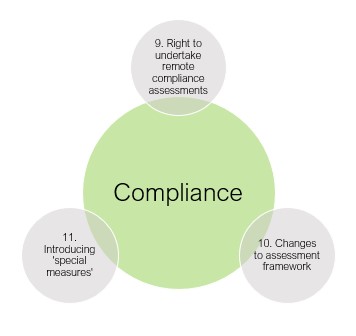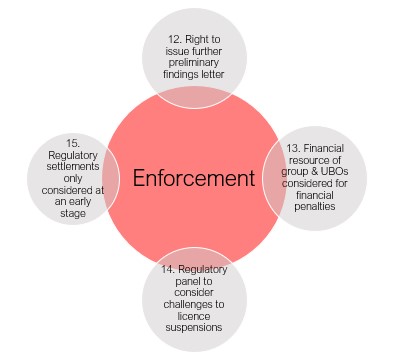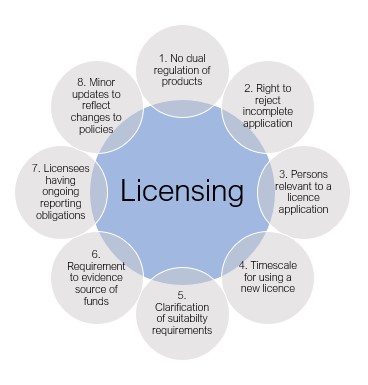White Paper Series: DCMS speaking at IAGA 40th Annual Gaming Summit in Belfast
We are very pleased to announce that Ben Dean, Director of Sport and Gambling, from the Department for Culture, Media and Sport (“DCMS”) will be participating in the International Association of Gaming Advisors (“IAGA”) 40th annual International Gaming Summit at the Culloden Estate and Spa in Belfast, Northern Ireland from 20 to 22 June 2023.
This will be the first time DCMS has spoken publicly since the publication of the long-awaited gambling white paper (the “White Paper”) on 27 April 2023.
Ben will be discussing the White Paper and next steps in his keynote at 1.30pm on Wednesday 21 June 2023 and he will join industry experts in the following panel at 1.45pm:
The Long-Awaited White Paper on Gambling Reform in Britain
After nearly 30 months, six Gambling Ministers, three Prime Ministers, two Monarchs, 16,000 responses, several leaks, a World Cup and a global pandemic, this panel considers what the publication of the White Paper tells us about the future of the regulated market for betting and gaming in Britain.
Moderated by Dan Waugh from Regulus Partners, the panellists include:
- Ben Dean, Director – Sport and Gambling, DCMS
- Antony Gevisser, Senior Vice President – Legal & Operational Affairs, Super Group
- Andrew Herd, Managing Director, Lancashire Court Capital Ltd
- Wes Himes, Executive Director, Betting & Gaming Council
- Helen Rhodes, Director of Major Projects, Gambling Commission
The keynote and panel are essential for anyone licensed in Great Britain or thinking about market entry, including through an investment or M&A activity.
Spaces are limited so please book your ticket to avoid disappointment!
As mentioned in our earlier blog in May, as a silver sponsor, Harris Hagan proudly continues its long association with IAGA, which includes Julian Harris and John Hagan serving as President in 2013 and 2019/2020, respectively, and Bahar Alaeddini serving as General Counsel and Co-Chair of the Conference Programme Committee. Partners, John and Bahar, will moderate panels on What’s Happening in the Republic of Ireland and The Current State of Industry M&A. It is without hesitation that this Summit is commended to readers not least for the excellent quality of the content and networking events.
Please feel free to contact us if you would like to know more about IAGA’s work, membership and/or the Summit. We very much hope that you can join us there!


